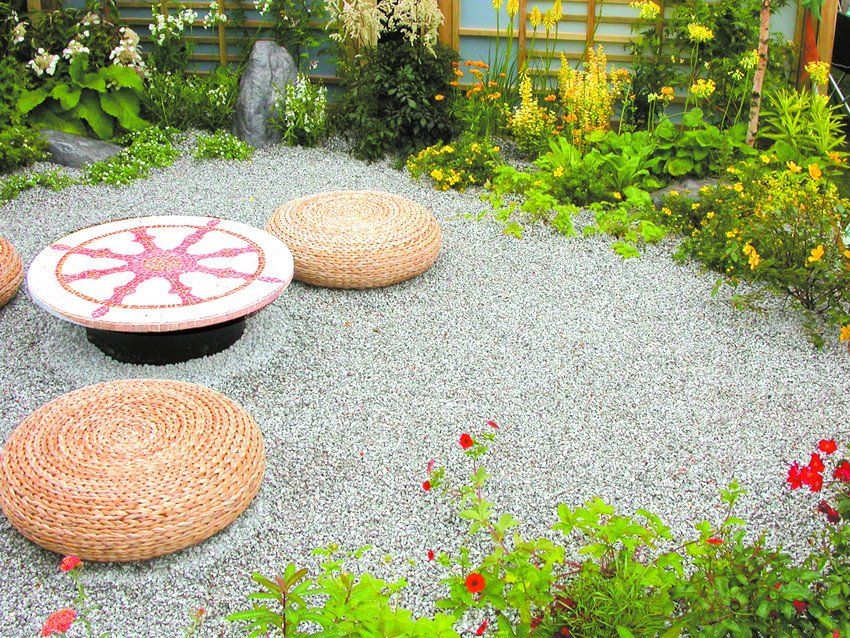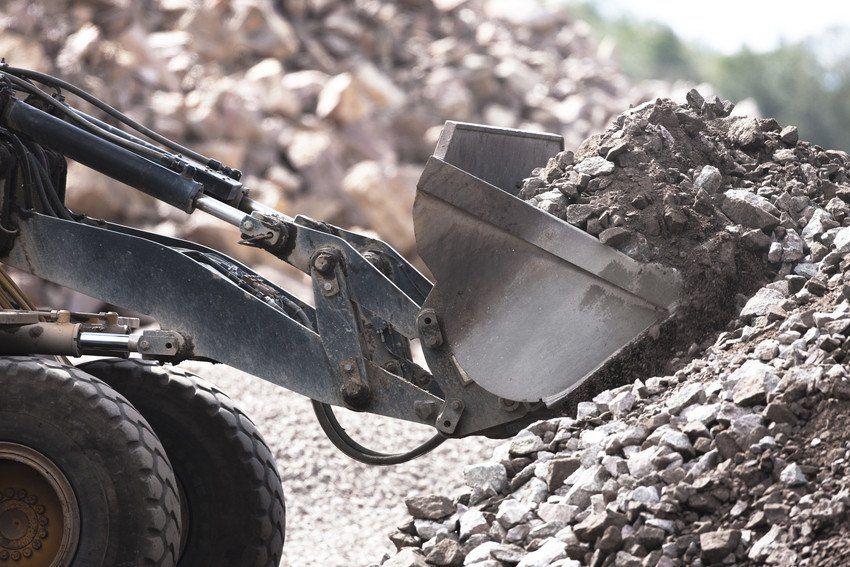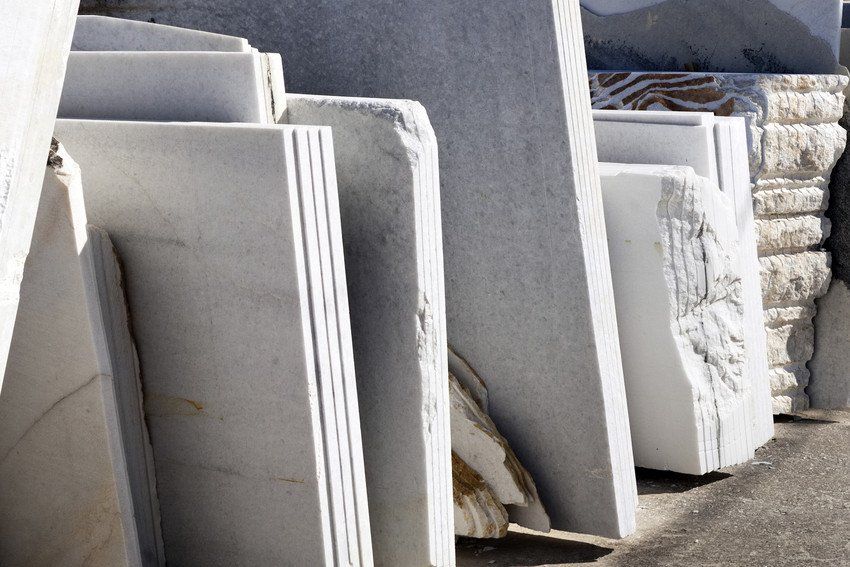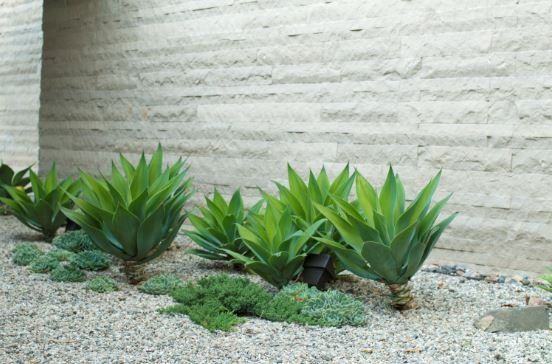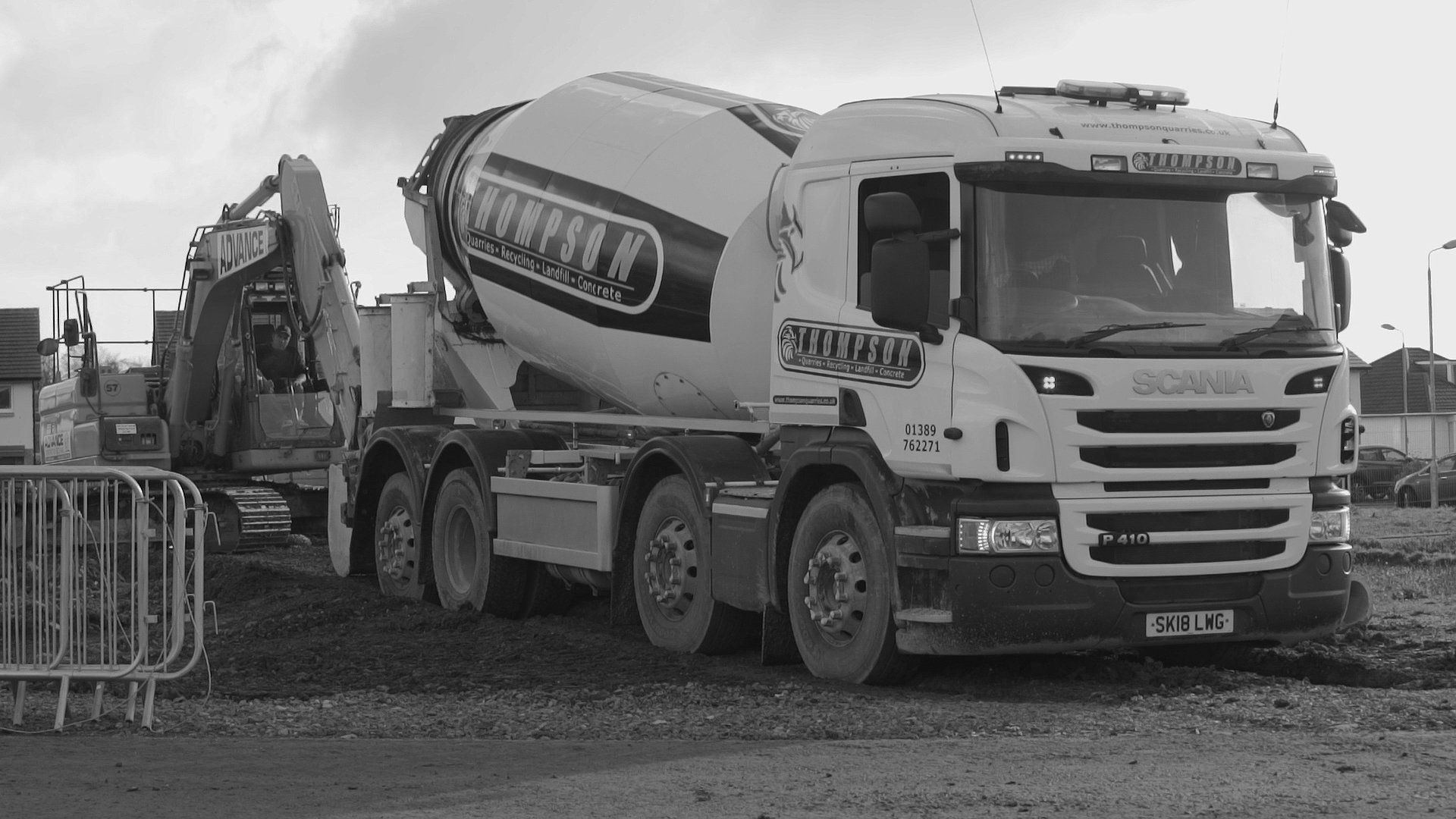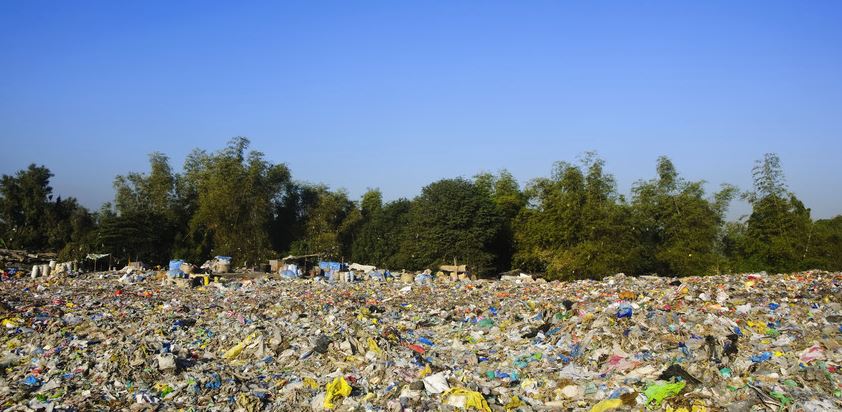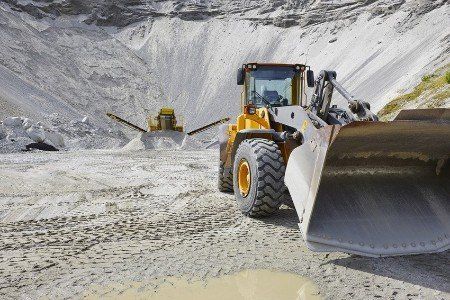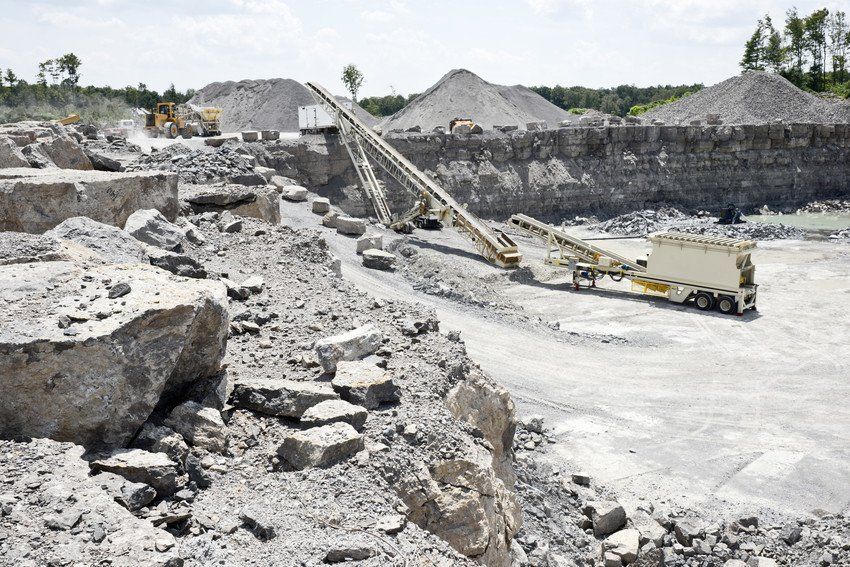What is a Quarry and How Are They Formed?
- By William Thompson & Son
- •
- 11 Mar, 2020
- •
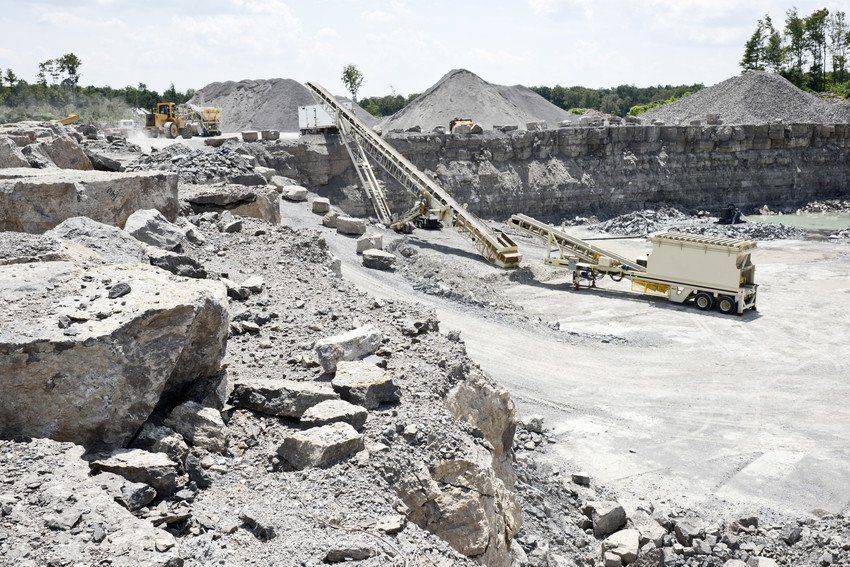
Many of us won’t have any direct experience working in or visiting a quarry, but the materials gathered from these large pits are central to many aspects of our lives. Quarries provide sand, gravel, stone and crushed rocks which can be used in a huge variety of construction projects, from building roads to bridges, housing and garden paths.
Most quarries are man-made and the process is much more detailed than simply blasting a big hole in the ground. With this in mind, if you’d like to know more about what a quarry is and how they’re made, read on for our brief guide.
A quarry is the name given to an open-air mine without a ‘roof’ (the term mine is used for a site that’s underground). A quarry is a place where natural stone, gravel or sand is extracted for use in construction or other decorative building purposes (such as gravel paths or decorative garden aggregates). Quarries produce a wide variety of natural stone materials, including limestone, gypsum, marble, sandstone, slate and granite.
As mentioned, most quarries are man-made, so the process starts with geologists finding a place with a large supply of rocks beneath the earth’s surface. Once a suitable site has been found, the planning process can begin to ensure the quarry is safe and efficient to use. A quarry will also need to obtain all the relevant legal and environmental permits and measures are put in place to keep noise pollution and damage to the surrounding environment at a minimum.
Once the site is adequately prepared and cleared, the mining process can begin. Controlled drilling and explosive blasts are used to extract rocks from the earth. Continued large blasts and removal of the extracted rock will eventually lead to a large pit forming in the middle of the quarry.
Once the rock face has been blasted to loosen the material, the loose rocks are collected and transported elsewhere for processing. Crushing and screening machines separate the quarry materials into clay, sand and larger aggregates and stone pieces, before being transported to customers. Most quarries use a primary and a secondary crusher to ensure all stone products are the correct size and shape before being shipped.
If you’re looking for reliable local quarry services in Dumbarton, Glasgow and Lanarkshire, get in touch with William Thompson & Son. We’re proud to offer the highest-quality quarry products and recycled aggregates, including gravel, sand and gabion stone. We can also accommodate bespoke requests, so don’t hesitate to give us a call today or visit our website to discuss your requirements.


